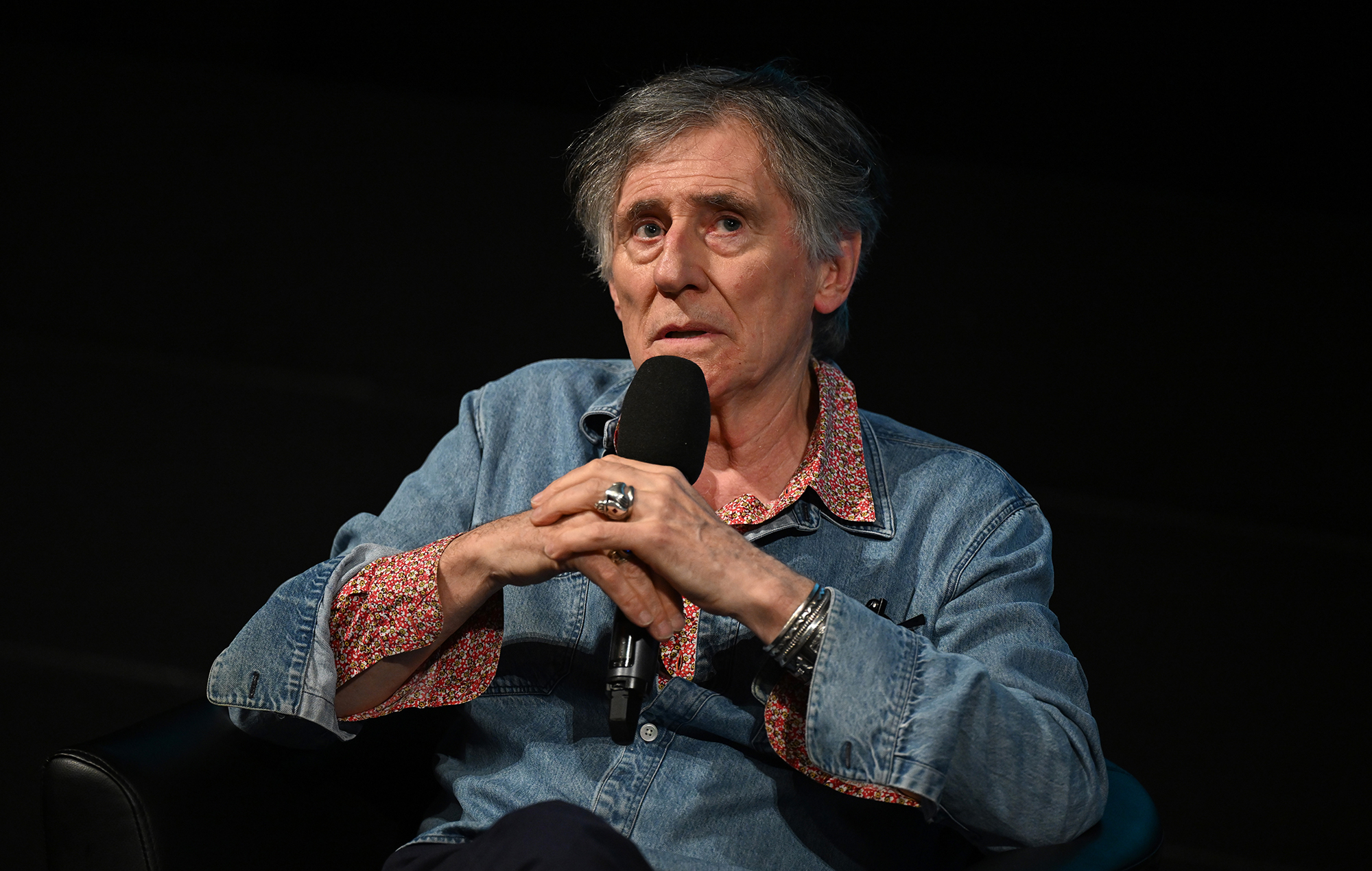Veteran Irish actor Gabriel Byrne, star of classic films The Usual Suspects and Miller’s Crossing, has given his views on ‘de-aging’ technology and the “terrifying” advent of artificial intelligence in the entertainment industry.
Read more: Antoine Fuqua considered de-aging Denzel Washington for ‘The Equalizer’ origin story
“I think the de-aging process is at a very exploratory stage,” he told NME in an exclusive interview, before commenting on Martin Scorsese’s 2019 Netflix mob epic The Irishman, which aged down Robert De Niro and Al Pacino up to 50 years by using first-of-its-kind motion capture technology created from AI software. “I didn’t think it quite worked in The Irishman,” Byrne said, “but it will get better and it will get incredibly sophisticated.”
He continued: “The advent of AI is going to affect every single facet of life from now on, it’s especially going to affect the truth. And what we have come to think of as the truth. People say we won’t know what’s real and what’s not real, but to a great extent that’s already happened, we’re already living in a post truth society. I think it will have huge implications for the film business.”
The way big film and TV studios in Hollywood use AI has been a key part of disagreements between executives and writers and actors recently – and proved a key stumbling block during union strikes this year. A deal struck between the Alliance Of Motion Picture And Television Producers (AMPTP) and the Writer’s Guild Of America (WGA) last month provided safeguards for writers against the use of AI, but AMPTP and the actors unions are still at loggerheads over the issue. The writers deal, importantly, is only a three-year agreement.
Joe Pesci and Robert De Niro in Martin Scorsese’s The Irishman. CREDIT: Netflix
“I think… they kicked the can down the road with the writers [deal], because they only gave it three years,” said Byrne. “[The studios] are already very diligently pursuing the idea that they can get AI machines to write, say, procedural cop shows which are kind of written to a formula. If I was a writer of that kind of television show, I’d be worried about what the future is.”
He added: “That’s not to exclude our [the actors’] side of the thing. If you are an extra in America and you go to do a job, they take a… photograph of your eyes and they pay you something like $100. With artificial intelligence, they can use your essential body parts to fill in the background in anything. And they’re already doing that. If you look at the first scene, even in our film [Dance First], which was made for sixpence, the first scene where the auditorium is full. Well, there’s only about four rows of people in that. The rest is artificially filled because they couldn’t afford to fill the theatre.”
Byrne is currently promoting his new biopic Dance First, directed by James Marsh, which tells the story of celebrated Irish writer, theatre director and poet Samuel Beckett. Byrne plays an older version of Beckett, who is played by Normal People‘s Fionn O’Shea at an earlier point in his life.
Byrne as Samuel Beckett in ‘Dance First’. CREDIT: Sky
Byrne first came into contact with Beckett’s work on stage, when he was growing up in Ireland. “The first productions I saw, I remember being in a coma of boredom,” he said. “I just couldn’t understand why anybody thought this was genius.” As he got older, Byrne managed to “form an emotional attachment”.
I began to see that actually, I was completely naive and didn’t understand anything that Beckett was trying to say,” he added. “And then when I came to have a greater appreciation of him, I saw that he was actually talking about things that were so fundamental to every human being, the things that really, really matter in life, and that he was saying them in such a ruthlessly honest way that I started to not think of him primarily as a playwright, but as a philosophical dramatist. And that was the opening for me.”
‘Dance First’ is in UK and Irish cinemas from November 3, on Sky Cinema in December and on Sky Arts and Freeview in 2024
The post Gabriel Byrne says ‘The Irishman’ de-aging “didn’t quite work” but AI tech “will get better” appeared first on NME.




